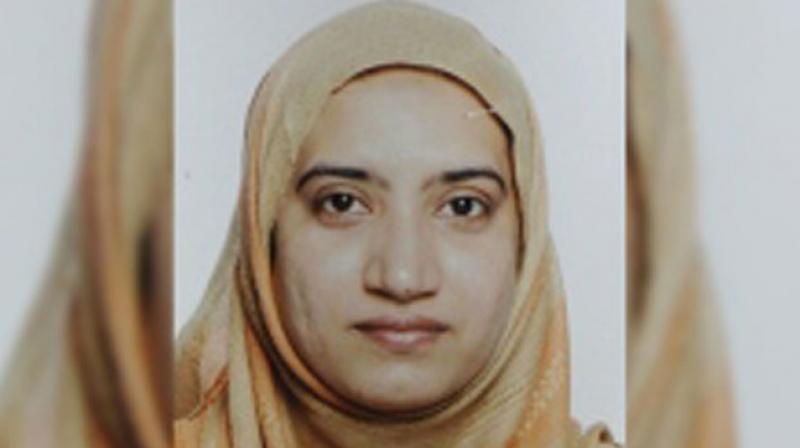Female American jihadists play critical role in terror: Study

Houston: There is a steep increase in the role of female American jihadists involved in terror activity in the last five years and they use social media for communication, a first-of-its-kind study has said.
The researchers of George Washington University Programme released a new study examining the role of American jihadi women and found a steep increase in their participation in terrorist activity.
The research paper "Cruel Intentions: Female Jihadists in America," was released on Thursday, almost exactly a year after Pakistani national Tashfeen Malik and her Pakistani-American husband, Syed Rizwan Farook, shot and killed 14 people at a holiday party in San Bernardino in the US.
"The couple's path to radicalisation is still the subject of an ongoing FBI investigation, but Malik's active role in carrying out the plot was a shock to many who categorise extremist women as taking an auxiliary role in jihad," said Audrey Alexander, Program on Extremism research fellow and author of the new paper.
"As a result of their actions, the threat became immediately apparent to policymakers, law enforcement officials and even the public that women were participating in terrorism," she said.
Within the wider movement, American women served as plotters, supporters, and travellers. The study examined 25 cases from January 2011- September 2016.
"This report refutes the misconception that women are naively duped into participation or are depraved instigators of violence," said Audrey Alexander, a researcher involved in the study.
"By presenting comprehensive accounts of female jihadist activities, we can see that they are an evolving threat even though they are not the most prominent or visible proponents of jihadi ideology," he said.
The report said that while few female American jihadists appear to act alone or conduct violent plots, many support activities in pairs and trios and with friends, siblings and romantic partners.
They are active online and offline, but social media is an especially common medium for women to use, it said.
"The increasing involvement of women in jihadi groups is a global phenomenon," said Lorenzo Vidino, director of the GW Program on Extremism.
"Even though women rarely perpetrate violence, their diverse contributions advance and sustain the jihadi movement in the US and abroad," Vidino said.
The report concludes by noting that it is important for policymakers to offer alternatives to arrest and emphasiaes that de-radicalisation and prevention are necessary steps to countering violent extremism by women, particularly in instances where individuals engage with the ideology but do not break the law or become violent.

